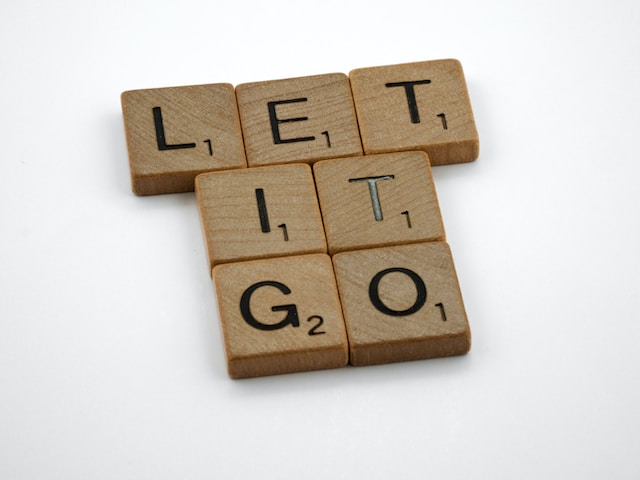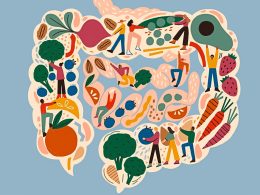In a world filled with conflict and strife, forgiveness emerges as a powerful tool for healing and personal growth. The art of forgiveness transcends pain and allows individuals to release the shackles of resentment, paving the way for a brighter future. Let’s explore the nuances of forgiveness and discover how it can help us heal and move forward.
Forgiveness is an intricate process that involves acknowledging our pain, accepting it, and then actively choosing to let go. It is not a sign of weakness but rather an act of strength, as it requires courage and resilience to confront past hurts and embrace the path of forgiveness.
One of the fundamental aspects of forgiveness is understanding that it is a personal journey. Each individual’s experience of forgiveness is unique, shaped by their circumstances, emotions, and beliefs. What works for one person may not necessarily work for another. It is crucial to approach forgiveness with self-compassion and allow ourselves the time and space to heal at our own pace.
To embark on the journey of forgiveness, it is essential to confront and acknowledge our pain. By acknowledging the hurt caused, we validate our emotions and give ourselves permission to heal. Suppressing or denying our pain only prolongs the process, hindering our ability to move forward.
Next, it is crucial to cultivate empathy and perspective. When we recognize that those who have hurt us are also flawed human beings, subject to their own struggles and vulnerabilities, it becomes easier to let go of resentment. Empathy allows us to see beyond the actions that caused pain and understand the complex web of circumstances that influenced those actions.
Additionally, practicing self-forgiveness is an integral part of the healing process. Often, we hold onto guilt and self-blame, prolonging our suffering. By extending forgiveness to ourselves, we release the burden of self-judgment and create space for self-growth and acceptance.
Seeking support from others can be immensely helpful in the journey of forgiveness. Whether through therapy, support groups, or confiding in trusted friends or family members, sharing our experiences and emotions with others provides a sense of validation, guidance, and encouragement. It reminds us that we are not alone in our struggles and that healing is possible.
It is important to note that forgiveness does not mean forgetting or condoning the actions that caused us pain. It is about freeing ourselves from the emotional weight that holds us back. Forgiveness allows us to reclaim our power and control over our own lives, rather than being defined by past hurts.
However, forgiveness is not always a linear process. There may be setbacks and moments of doubt along the way. It is crucial to be patient with ourselves and embrace the journey, understanding that healing takes time and effort.
In a world that often thrives on division and conflict, forgiveness emerges as a beacon of hope. It has the power to break cycles of revenge and resentment, fostering healing, reconciliation, and unity. It allows us to transcend the limitations of our pain and choose a path of empathy, compassion, and understanding.
The art of forgiveness requires us to tap into our inner strength and embrace vulnerability. It is a transformative journey that allows us to heal, grow, and move forward with grace. By cultivating forgiveness, we empower ourselves to create a future that is rooted in compassion and harmony.
So, let us embark on the art of forgiveness, one that transcends boundaries and fosters healing. As Desmond Tutu wisely said, “Forgiveness says you are given another chance to make a new beginning.” Let us embrace this chance and embark on a journey of healing, forgiveness, and personal growth.









